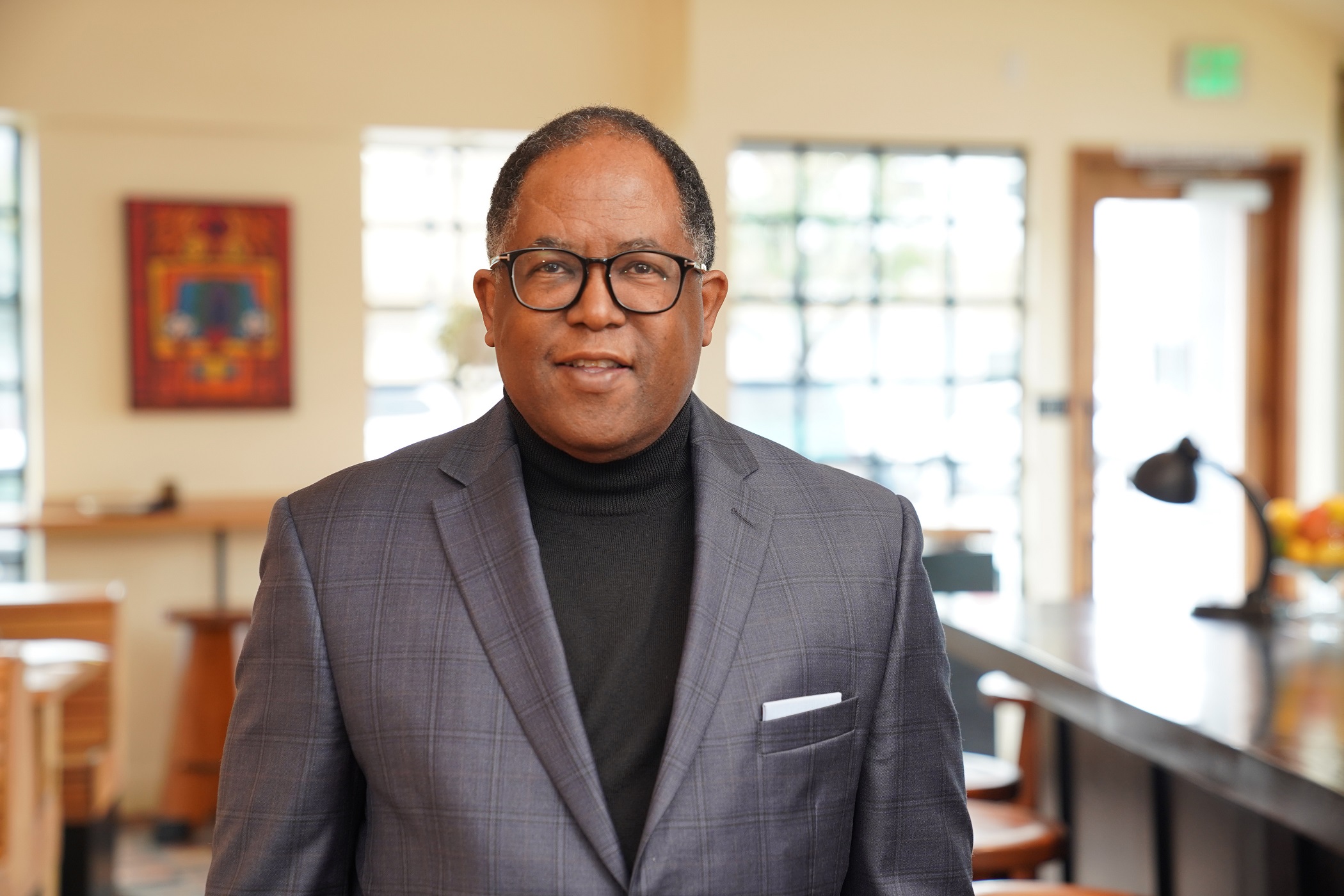MRT on Point
Father’s Day Reflections on Homelessnesss
Originally featured in the June 22, 2023 edition of the Praxis newsletter
By Mark Ridley-Thomas Ph.D.
Happy Father’s Day! Do we even think about saying this when we reflect on the perils of homelessness and those who are ensnared?
Many of us know a bit about the “roots” of Fathers’ Day as we have come to call it. Yes, we think of 1910 in Spokane, Washington as somewhat of a latter day complement to Mother’s Day, which was established as far back as 1872. Father’s Day, on the other hand, reportedly took nearly seven decades and four US Presidents before it became official in 1972. The idea behind it was to acknowledge and promote fatherhood in society.
We live in a very different world from a century ago when more traditional concepts prevailed in less diverse and less tolerant places and spaces. According to a study on Fatherhood Among Youth Experiencing Homelessness, “…in the general population, fathers’ involvement in child rearing has increased dramatically and unprecedentedly in the last generation, as gender-specific parental roles have overall gradually given way to nongender-specific conceptions and ideals of parenting.”
Families are more broadly defined today and the pressures that poverty imposes is perhaps more profound than ever. Systemic inequities crush families and radically diminish quality of life for the traditional and non-traditional alike.
Too often, we fail to acknowledge some of the fathers in our community who need the most support. According to a recent study, Around 2 million males, ages 18 to 25, experience homelessness or housing instability each year in the United States. Between 22% and 43% of young males experiencing homelessness report being involved in at least one pregnancy of which they are aware.”
Our understanding of homelessness as an undeniable manifestation of impoverishment is more clear than ever. The unforgettable experiences of the Great Depression (1929-1939) and then the Great Recession (2007-2009), as well as the Global Pandemic (2020-2022) make the point that structural and episodic crises are harsh, and rebounding is anything but quick and easy. The impact this has on the psyche of fathers no small thing—particularly given the assumed role or societally imposed assignment of “breadwinner.”
For many, the prospect and responsibility of fatherhood can be both intimidating, and as a result overwhelming. Often, childhood trauma coupled with the stigma related to being homeless conspire against being a “good father.” This factors into the crisis we witness on our streets, and often contributes to intergenerational family suffering and turmoil. Compounding these circumstances is the lack of targeted services to lessen the load, making it practically unbearable. In addition, the age of this population does not afford them the life experiences or “functional coping mechanisms.”
On the other hand, if we look at the state of California, we take note of the newest and largest study on homelessness in a decade, California Statewide Study of People Experiencing Homelessness, identifying more than half of single adults living on our streets as over the age of 50. Further, 69% of those studied identified as male. “One quarter (26%) of those assigned female at birth age 18-44 years had been pregnant during this episode of homelessness…” While the study does not address fatherhood, we have to ask how fathers factor into the lives of these families. To be sure, this gets very complicated, but it is nonetheless very important for us to understand. While every individual living on the streets, irrespective of gender identity or orientation, deserves our care and attention, we must attend to the disproportionate impacts of homelessness on specific population sectors, for example men who are often fathers.
In each column I have submitted for PRAXIS, I have tried to underscore the intersectional dimensions of homelessness. Such is the case with this cursory discussion of the history and varied aspects of fatherhood. Homelessness runs broad and deep. Indeed, it causes us to think about the plight of those individuals who struggle day in and day out to reclaim their dignity and humanity. And as I reflected on Father’s Day, I simply wanted to remind us that many of those homeless individuals are fathers.


